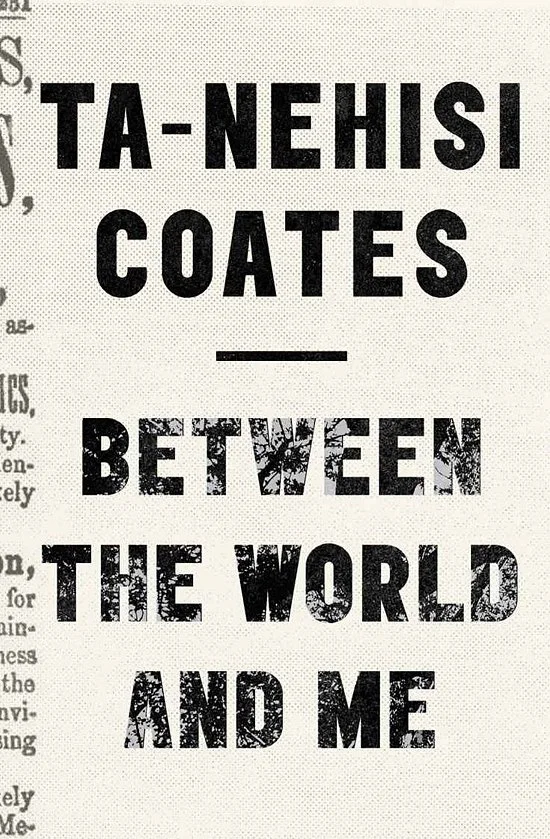Between the World and Me by Ta-Nehisi Coates
Review of Between the World and Me by Ta-Nehisi Coates
Between the World and Me by Ta-Nehisi Coates (2015). Published by Spiegel & Grau.
When I was flying back from Malaysia to the United States, I had to take a 40 hour route home. Naturally, this meant I had a lot of time to catch up on the media and books that I hadn’t been consuming while I was running around Kuala Lumpur for three weeks.
Before I left Baltimore for Washington D.C., I had made sure to download a few audiobooks through Libby when I wanted something to listen to while I closed my eyes on the plane.
Between the World and Me was one of those books. I’d never read anything by Ta-Nehisi Coates before this, but I had seen his name floating around so many places. He’d been on my reading list for a while before this moment, that’s for sure.
I ended up finally listening to the book on the way home, during the 15 hour flight back from Abu Dhabi. In the last five hours of my flight, when we were almost home, I was sick of movies, and this was the perfect listen—it’s also pretty short for a book, so it doesn’t take much time up at all.
Let’s get into the review!
Coates reflects on Blackness, American history, and what identity means in the context of existing within that history.
The framework for this novel is slightly epistolary; Coates is often referring to his son throughout the course of the text, which means that he’s writing this as a sort of memento, or manifesto, for him. The next generation of Black boys in the US that have to experience this.
One of the most striking parts of this nonfiction book to me is how exactly Coates weaves through past and present. He connects American history in a way that’s adjacent to his own life, showing the power dynamics between groups over a sustained period of time.
A big part of what Coates discusses is violence, especially how it’s applied onto Black bodies. As I was listening to the text, something that stood out to me was that Coates upkeeps this form of addressing it to his son. He doesn’t try to explain things, or toe the line by feeling the need to be understood by one group or the other.
It’s a space for him to address his son, who is 15 at the time of publishing the book. There’s a sad revelation for many nonwhite groups, especially African Americans, about how we’re typically not included in the concept of the American Dream.
I interpreted it into my own studies of how capitalism is so woven together with the concept of suffering; for us to enjoy cheap goods and products, we need to exploit others to get it. For example, what’s happening in Congo is increasingly coming to light with how people are dying to make our cellphones in the developed world.
Coates is getting at something similar, despite the flowery prose at times concealing these finer points. He’s saying that the American Dream cannot exist in its current form without violence and suffering of Black bodies, and how people just move on and ignore said suffering in mainstream media and life.
Overall Thoughts
While I think this was a very well written book, a lot of the concepts in it were not quite revolutionary. Throughout my graduate degree I was exposed to Black literary theorists and quite a bit of literature from the Caribbean, Africa, and the African American experience.
That doesn’t mean I don’t find Coates’ book invaluable or bad—I think that this is a good and necessary read, especially with his personal twist on what he’s describing. I just don’t find some of the concepts particularly revolutionary if you’ve read up on the subjects.
Regardless, I’m glad I listened to this. It was some nice prose, and it wasn’t long where I wanted to impale myself by the end. There are some more theory bent books on these topics that have made me quite tired by the end, and while I love them, they would’ve been too much for this moment of time.
Follow me below on Instagram and Goodreads for more.


![Jeju-do (제주도) is one of those places that reminds you of how stunning the world is
[7.12.2024 부터 7.14.2024 까지]](https://images.squarespace-cdn.com/content/v1/5ea1f794501b7153b29e7cd7/1721033601522-554E76HR01JUHDWZBJ1I/image-asset.jpeg)









